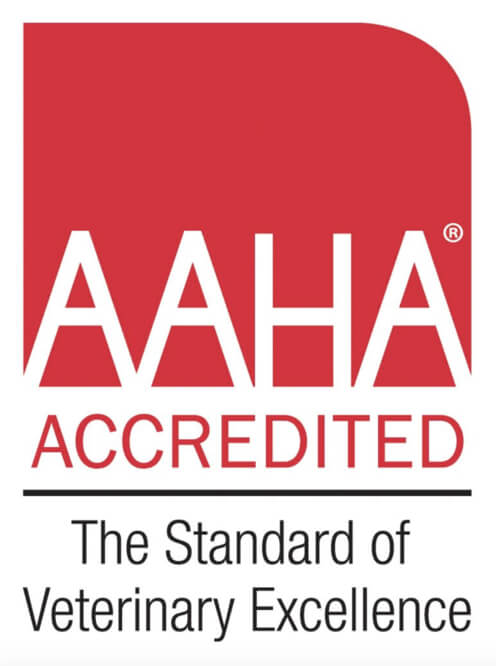
National Immunization Awareness Month (NIAM) is a campaign held each August to highlight the importance of vaccination for people of all ages. The awareness should also extend to your furry friends and companions as well!
Vaccinations can be a key factor in helping prevent many common illnesses that may affect your dog or cat. Every individual animal is unique and may require a specific approach to vaccinations. Different factors such as breed, age, health, lifestyle (indoor vs outdoor), diet, etc. can affect their recommendations.
Talk to your veterinarian about which vaccines are appropriate for your pet and how often your pet should get vaccinated. They can help you answer any questions and determine the ideal vaccines to administer as well as a proper schedule.
Below are some general vaccination and schedule guidelines:
Rabies
Rabies for both dogs and cats: The first one should be given at 16 weeks of age- this is a one year vaccination. One year later this can be reboostered and a 1 or 3 year vaccination is available.
Cats:
 Our distemper vaccinations consists of the following:
Our distemper vaccinations consists of the following:
Feline Rhinotrachetitis, Calici, Panleukopenia, and Chlamydia Psittaci- we recommend that the first vaccinations be given at 8-9 weeks of age and reboostered 3-4 weeks later- This should also be reboostered in one year – this vaccination is boostered yearly or tailored to meet the needs of the specific pet- Many times this can be given every 3 years- Vaccine titers are also available
Feline leukemia Virus: This is not a core vaccination- initially this can be given at 8-9 week of age and reboostered once 3-4 weeks later. This is recommended for patients that go outside.
Dogs:
Our distemper vaccinations consists of the following:
 Distemper: Our distemper vaccination consists of Distemper – Adenovirus Type2, and Parainfluenza
Distemper: Our distemper vaccination consists of Distemper – Adenovirus Type2, and Parainfluenza
We recommend that this be boostered 2-3 times depending on the age of the pet when the 1st booster is given- we normally start this vaccination protocol at 8-9 weeks of age- Boosters are given at the 1 year point usually with the Rabies vaccination. After the first year, vaccine titers can be used( blood test) or the patient can be reboostered annually. In our office, hepatitis, leptospirosis, and parainfluenza are included in this vaccine.
Parvovirus: Patient should receive this vaccination 3 times- we normally vaccinate using the same protocol as we do for the Distemper vaccine.. After the first year, vaccination titers can be done at the same time as distemper titers, or yearly revaccination.
Bordetella: We have an oral and injectable form. It is given to animals who go to dog parks, groomers or other places where they are exposed to other dogs- this vaccination is sometimes reboostered every 6 months depending on the needs of the kennel/grooming facility where the patient is going.
Lyme Vaccination: This is non-core and given to patients who live near the forest preserves or who travel to heavily wooded areas where there are chances of exposure to ticks. Initially vaccination is boostered 3 weeks from the first vaccine and then boostered annually for patients who are at risk
Leptospirosis: In our area, north suburban Chicago– Patients should receive this starting at 8- 9 weeks of age follow the Distemper protocol. This vaccination needs to be reboosterd annually.
Canine Influenza: This is a non-core vaccination which we recommend for dogs going to dog parks, boarding kennels, day care facilities, and groomers. This vaccination requires a booster 3 weeks following the initial vaccination, and yearly boostering thereafter.

